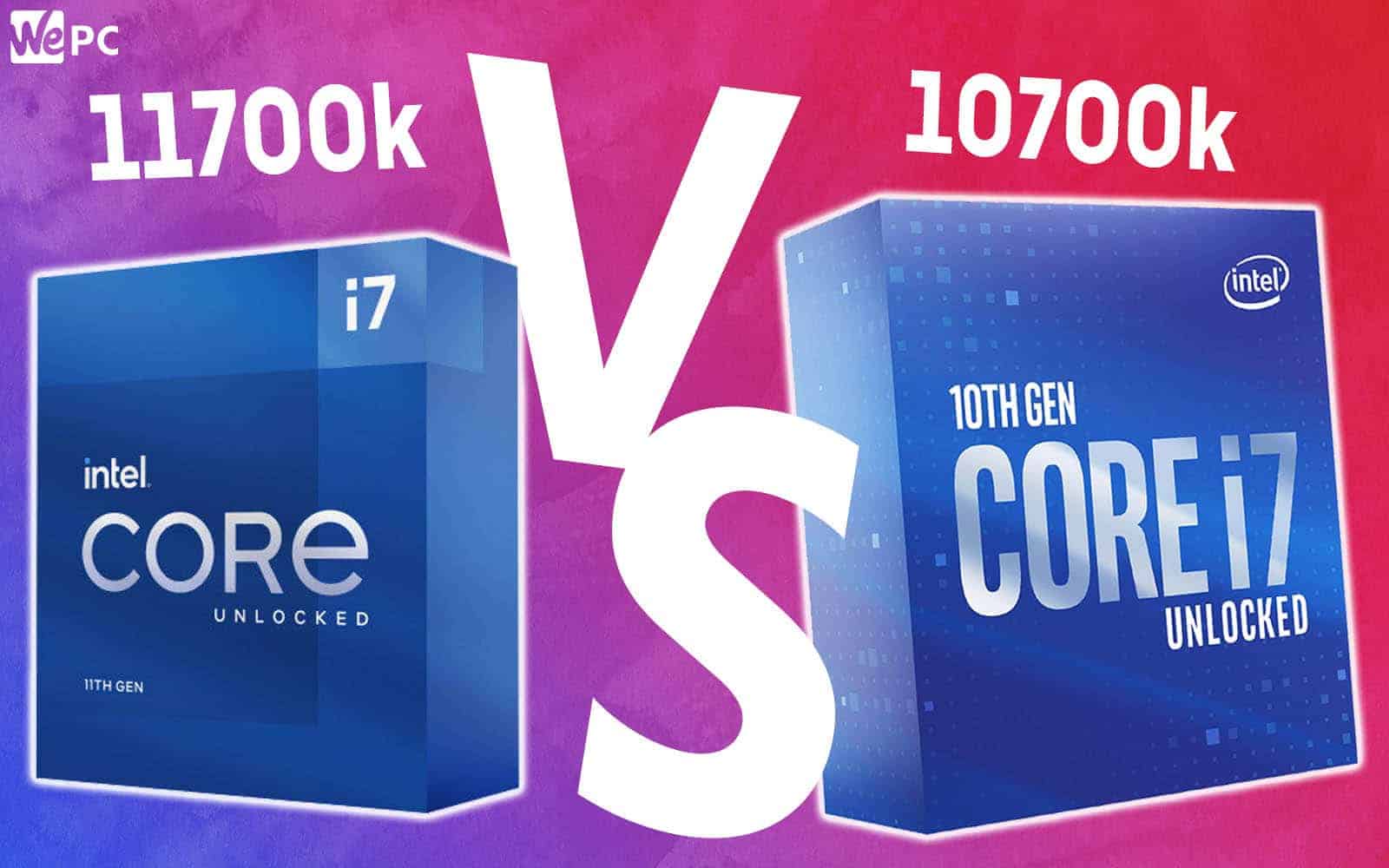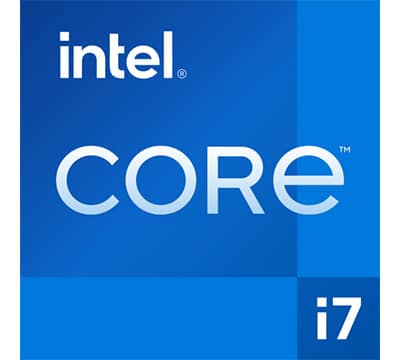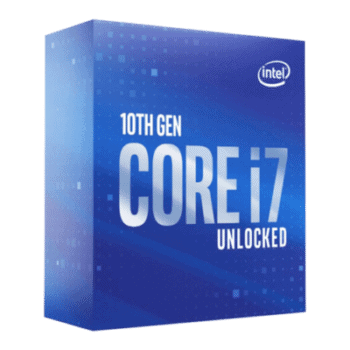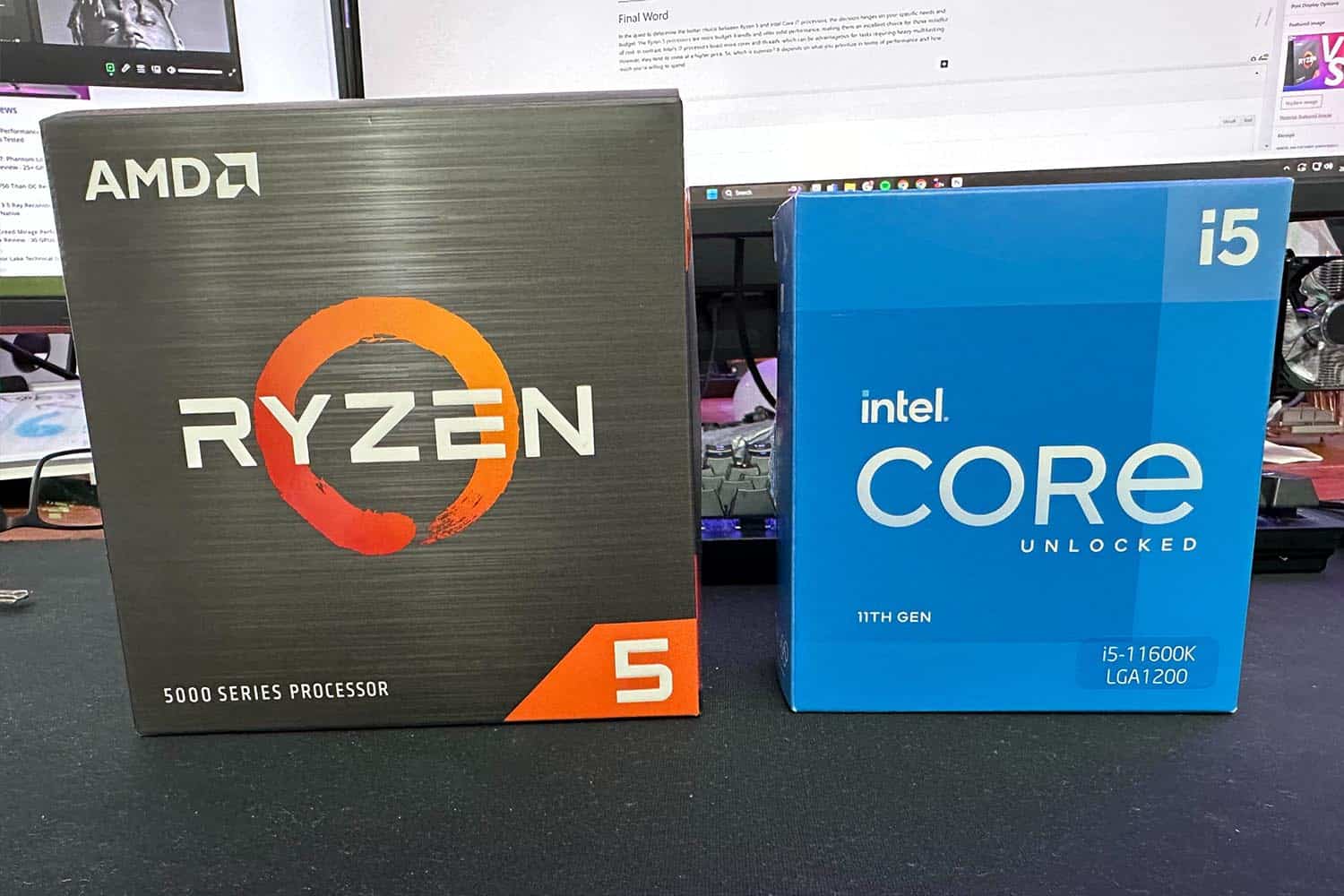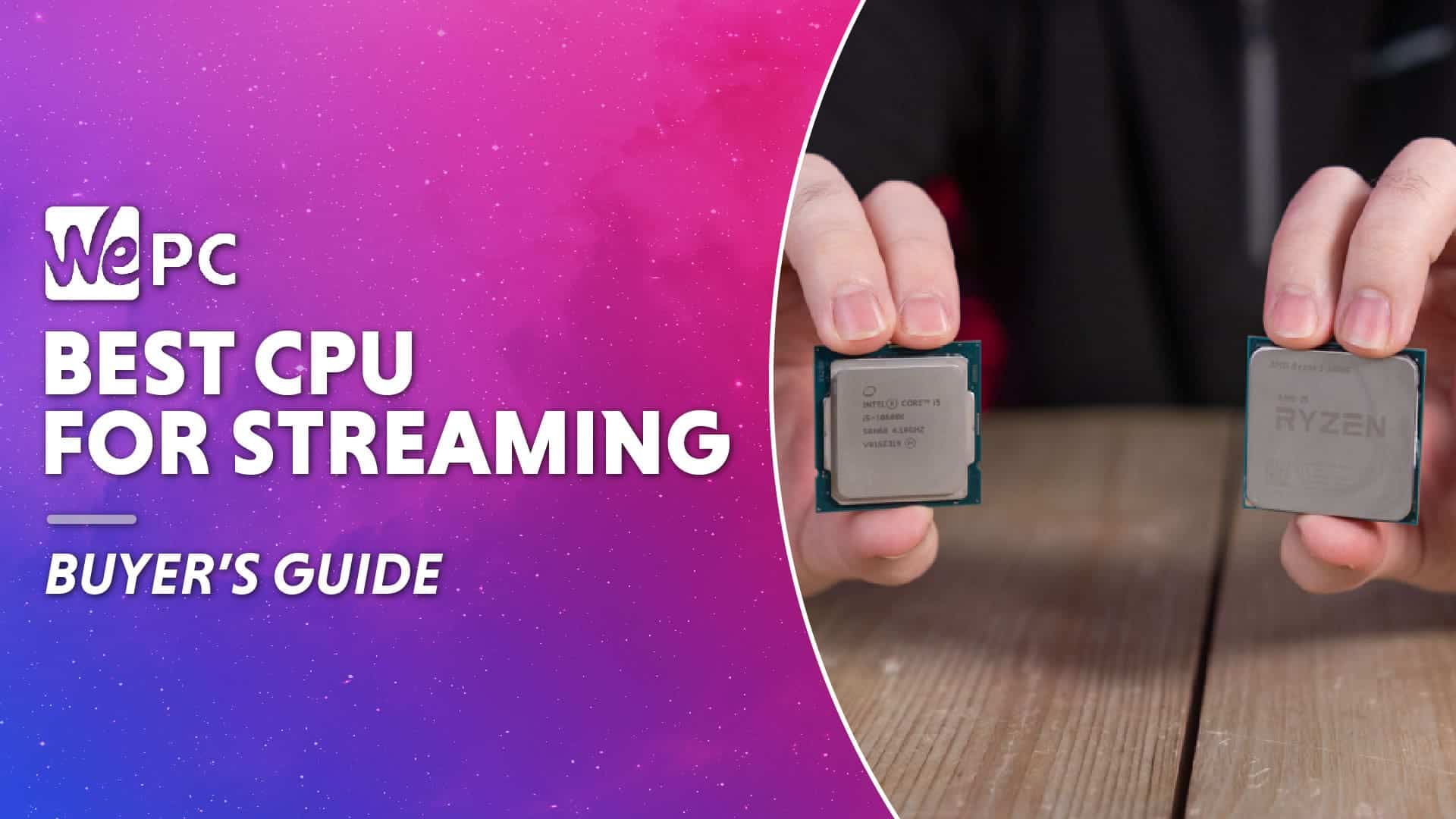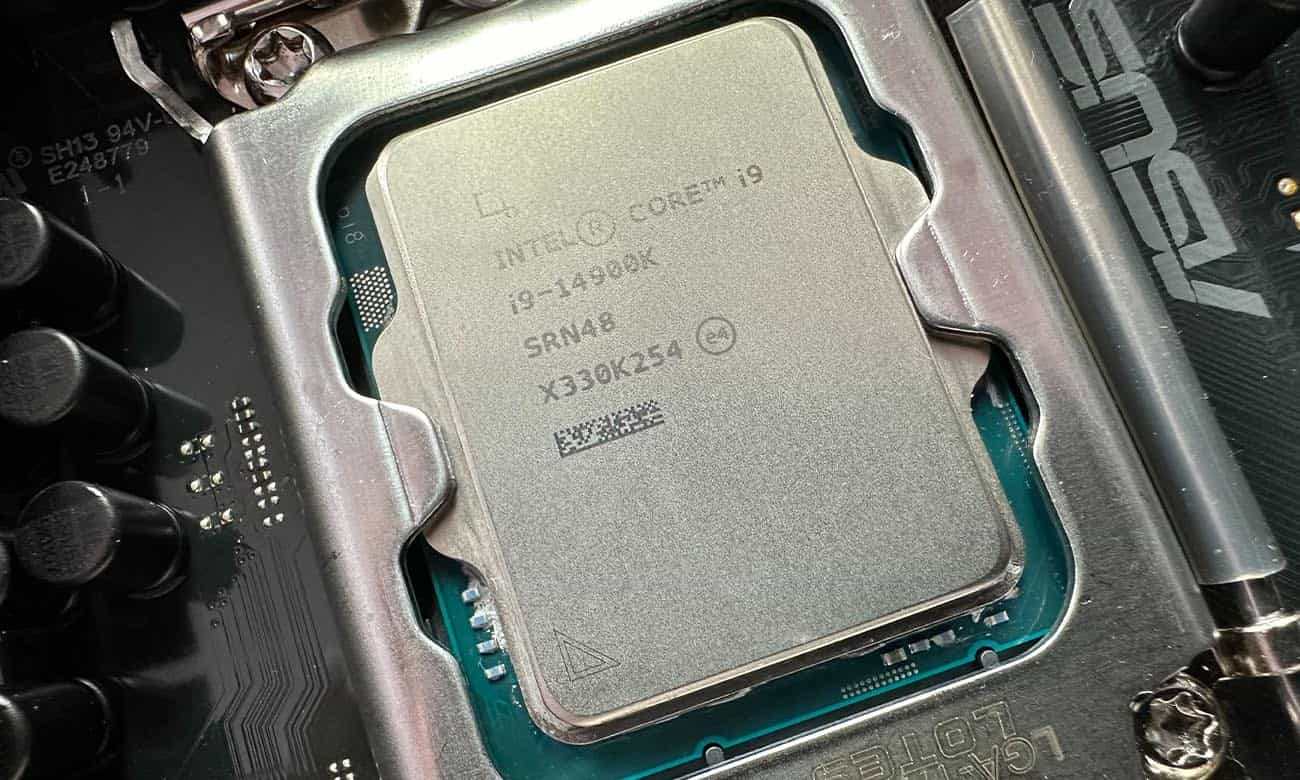WePC is reader-supported. When you buy through links on our site, we may earn an affiliate commission. Prices subject to change. Learn more
Last Updated:
When word spread that Intel would be releasing a hyperthreaded 11th gen CPU that focused primarily on single-core performance, we shed a little tear for our workstation enthusiast friends while trying to keep our incendiary excitement under wraps. It was clear that 2021 was going to be all about Intel trying to reclaim the gaming throne from AMD.
Last year, Intel didn’t disappoint, but AMD was out for blood. Despite the i7 10700K boasting some impressive single-core benchmarks, The Ryzen 5000 CPUs were a class above. Now, with conflicting leaks about the i7 11700K’s performance seeping through the internet, we’re left unsure how it will compare to not just old and new Ryzens, but the 10700K as well.
Even with the i7 11700K’s imminent release, things are still a little unclear, so we’re going to try and separate fact from fiction with a ‘vs’ match and help you decide whether it’s worth your while to upgrade to the i7 10700K or if you should just hold out for Rocket Lake.
Cores and Threads
As you’re probably aware, cores are the fundamental operating systems in a computer processor, so it’s a great place to start in what’s shaping up to be an exquisitely bloody showdown.
The i7 10700K counts 8 cores in total which is considered the sweet spot for modern AAA gaming. For most games, you only require a minimum of four, so this CPU has more than enough processing power to run all existing games and any pegged for release in the foreseeable future.
It’s strongly assumed that the i7 11700K won’t stray too far from the path in terms of fundamental hardware, and we have no reason to dispute that. So, what we’ve likely got here are cores that differ only in architectural makeup.
As most have already posited, it’s then logical to assume the i7 11700K will feature hyperthreading, meaning it will have the same 16 threads as the i7 10700K. The problem is that if they’re sticking too closely to the 10700K Comet Lake formula, Ryzen will continue to dominate. If controversial reports from ‘UserBenchmark’ are to be believed, the 11700K does indeed have far superior single and multi-core functionality when compared with the 10700K.
Clock Speed
Clock speeds are your CPU cores’ right-hand men. If cores are the pillars holding up a building, clock speeds define how efficient business can be done inside. As we know, the i7 10700K has a base clock speed of 3.8GHz, and thanks to Intel Turbo Boost Technology, a hearty boosted rate of 5.1GHz. With 3.5 – 4GHz accepted as the gold standard for gaming, despite being thwarted by Ryzen 5000 and even some 3000 series CPUs, the 10700K is a great CPU. It also takes overclocking really well, able to hit 5.1GHz across all 8 cores. Some silicone lottery winners even managed to push their 10700K to 5.3GHz, albeit with some intensive cooling.
Pulling on the leak from Russian tech site Lab501, the 11700K, at least at this point in time, has a base clock speed of 3.8GHz, a 5GHz single-core boost, and a multi-core boost of 4.6GHz, but this is all based on a test unit. The whole point of testing is so Intel can make revisions to the firmware before the product is finalized and released to the scores of frame-hungry gamers.
Architecture
Intel isn’t known for making huge jumps from architecture to architecture, but considering these chips supposedly have such similar hardware, Intel is really going to shelf the ‘one small step’ manufacturing process in favor of a ‘one giant leap’ ethos. It’s the only way they’ll challenge Ryzen’s dominance in the gaming arena.
The i7 10700K is built on Intel’s Comet Lake blueprint featuring more cores and hyperthreading across the series, enhanced single and multi-core boost thanks to Turbo Boost Max 3.0, and faster DDR4 memory support than its predecessor, Coffee Lake. It also features compatibility with a new 400-series chipset based on the LGA 1200 socket.
Using Rocket Lake building blocks, the i7 11700K is loaded with Cypress Cove cores, a 14-nm backported reiteration of Ice Lake’s 10-nm core construction. It seems a little redundant digging into the past like this, but apparently, these cores will feature DDR4-3200 memory support, enhanced deep learning and VNNI support, and between 10 and 19% increased IPC performance. This essentially translates to more frames per second and smoother overall gameplay.
Multitasking
The basic requirement for efficient computational multitasking is hyperthreading (multithreading in AMD-tongue), which both of these CPUs have. The only problem is that Intel champions single-core functionality over multicore ambidextrousness. This means that, although they will have the ability to multitask, Ryzen CPUs are still the better juggler, but how do these Intel chips compare to each other?
The i7 10700K is highly capable if the tasks at hand are fairly commonplace. We’re talking playing games, running TeamSpeak and a music streaming service, and hoarding tabs. None of that should be a problem for the 10700K, but for content creation and demanding parallelizing workflows, it’s not too hot.
We reckon if there’s any truth to the things we’ve heard about Cypress Cove, the i7 11700K will offer better support for multitasking, but because Intel is so hell-bent on reclaiming the gaming throne, it still won’t be the CPU of choice for professionals.
Comparison
All these leaks should be taken with a pinch of salt, but as it stands, it appears that Intel won’t be able to re-conquer the gaming kingdom. On the other hand, it does look like the Rocket Lake microarchitecture has put the first nail in Comet Lake’s coffin. With faster IPCs, more tuning options for overclocking, and advanced DL, there’s no reason it shouldn’t totally outclass the i7 10700K, but then there’s the matter of pricing.
The i7 10700K is hitting an all-time low in market value at the minute. No doubt that’s partly due to the release date of the 11700K drawing ever closer, so even though the 10700K is probably not going to hold a candle to the new CPU in town in terms of performance, does it offer better value for money functionality? If the leaks are to be trusted, there will probably be roughly a $140 difference between them. The 11700K does come with an upgraded UHD 750 integrated graphics card, but let’s face it, if you’re spending over $400 on a CPU, you’re going to have a discrete GPU locked and loaded.
It’s a tough call, but ultimately, they’re both great CPUs for gaming. In our opinion, the 11700K does sound pretty tasty, but those reports from Lab502 are unsettling, to say the least. It’s probably best to try and be patient, wait until after the 11700K is released, and make your decision when we have a more complete picture of its abilities.

